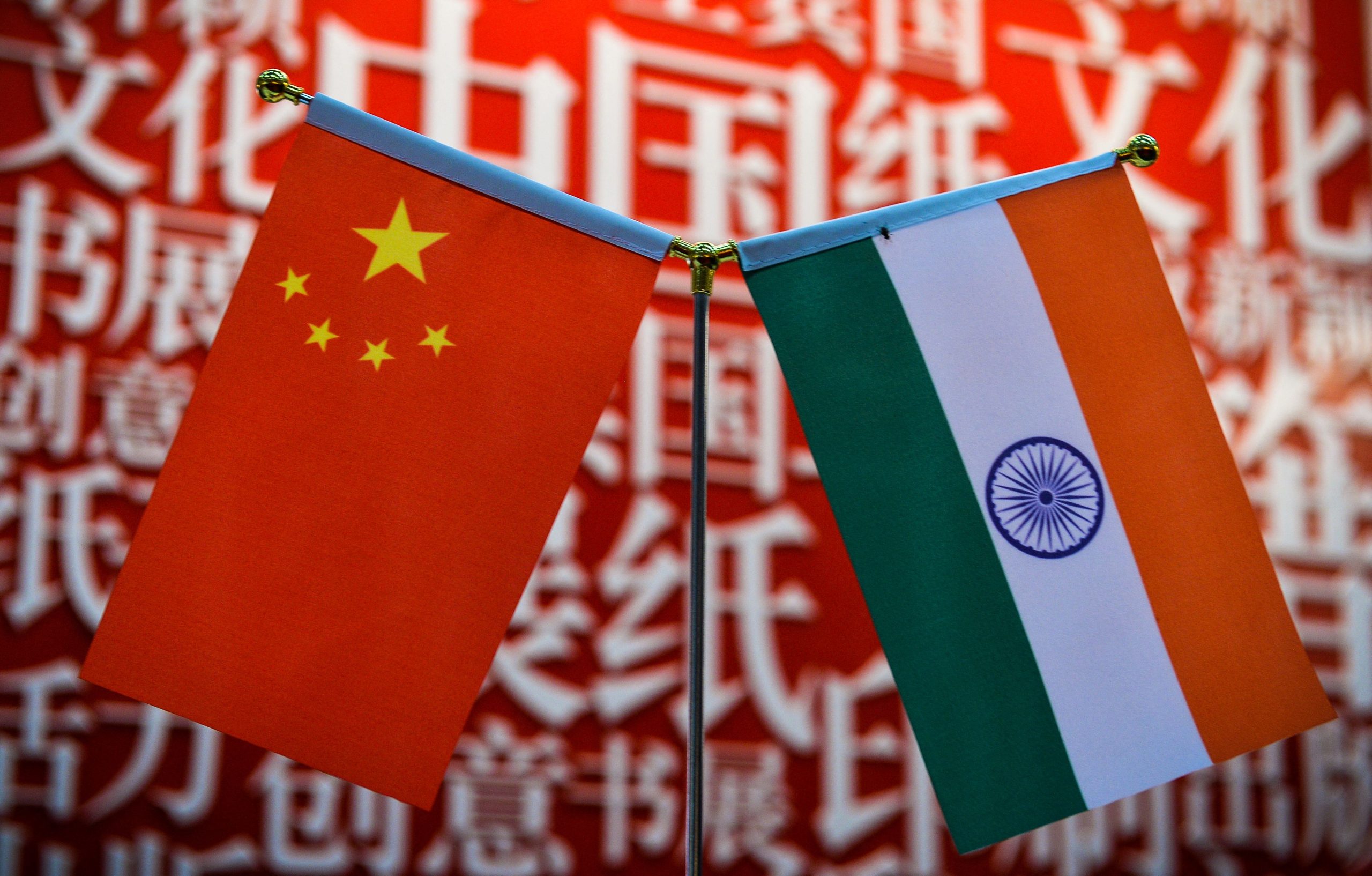India has its own reasons for preventing a Taiwan war
Posted By Arzan Tarapore on March 28, 2024 @ 16:00

With expanding national interests, India has stronger compulsions to act against far-off hazards. It finds its interests entangled in disputes on the far edges of Asia, including in Taiwan. China claims Taiwan as its own and is feverishly preparing to seize the island by force if necessary, while the United States has increasingly signalled that it would probably fight to defend Taiwan.
India is highly unlikely to fight in a conflict over Taiwan. However, it has vital economic and security interests, and valuable policy levers, to ensure that such a conflict never happens.
New Delhi has three main reasons to do so. First, it has a stake in the status quo, with Taiwan as a self-governing territory that does not declare independence. India and Taiwan have expanded trade seven-fold since 2001 and are exploring a possible free trade agreement. The Taiwanese firm Powerchip Semiconductor Manufacturing Corporation has partnered with the Tata Group to build India’s first semiconductor fabrication plant. An agreement was signed recently to send Indian workers to Taiwan. India’s industry, critical supply chains, and overseas population are all increasingly invested in an enduring peaceful status quo across the Taiwan Strait.
Second, any Chinese aggression against Taiwan would be catastrophically costly for India. Such a scenario would, in effect, cripple global trade with China and Taiwan, which would create disruptions throughout Asia and West Asia. A recent Bloomberg study estimates that the costs of a conflict would amount to more than 10% of global GDP. India’s economy would suffer a greater shock than the US economy and its most valuable sectors, from electronics to pharmaceuticals, would run dry of components and materials.
A protracted or general war between China and the US, spreading beyond Taiwan, could spill over in multiple directions. It could ignite the already tense India-China land border. It could wipe out or take offline sizeable portions of Chinese, American, and other regional countries’ industrial capacity, on which the world depends. And it could raise the risk of unthinkable nuclear escalation. A conflict over Taiwan is something that India simply cannot afford, especially as it seeks stability and growth for national development.
Third, while a conflict itself would be calamitous, its outcomes could further worsen India’s long-term international position, depending on which side prevails. A limited conflict, where China has relative advantages of concentrating force near Taiwan, is also the most likely scenario to end in a Chinese victory over Taiwan and a corresponding defeat of the US and its allies. If China, through the crucible of battle, thereby displaces the US as the region’s pre-eminent military power, it would undermine the region’s entire security architecture. American security guarantees would be less credible, neighbours may seek to assure their security with more arms or offensive postures, and China’s military would be free to further project unchecked influence, including into the Indian Ocean. It may even feel emboldened to press its claims on Arunachal Pradesh. India is not an American ally, but it does depend on the US for its military modernisation and a broadly benign strategic environment.
What, then, can India do to help prevent this calamity? Beijing’s strategy for Taiwan uses all instruments of national power, from international law to economic and political leverage, aside from military coercion. It would doubtless prefer to pursue less costly and disruptive non-military ways as long as they remain viable. Given the stakes involved, it would only resort to a military campaign once it is satisfied that it has adequately set the conditions for victory. The military balance across the Taiwan Strait will therefore be the most critical deterrent, but non-belligerent states like India can buttress deterrence by convincing Beijing that it has not adequately set the conditions.
India has six types of policy options at its fingertips: international law arguments; building narratives opposed to aggression; co-ordinated diplomatic messaging; economic de-risking; active information operations to support the Taiwanese people; and military support to the US forces in the Indian Ocean. Each option can be calibrated to variable levels of ambition and political appetite; and they can be adapted and applied by many other countries.
These options can also advance India’s grand strategic position, regardless of their impact on the China-Taiwan dispute. Enacting these policies would, first and foremost, lend India more leverage in its intensifying strategic competition with China. They also offer additional pathways for India to deepen its cooperation with the US, thereby accelerating India’s national rise. And they offer a wider agenda for Indian international leadership, especially among countries of the Global South, which otherwise would be passive or at best uncoordinated in deterring Chinese aggression more broadly.
Such policies, therefore, are not a favour to Taiwan or the US; they would be an act of Indian self-interest. Depending on the political context, they may invite Chinese retaliation, but no policy is cost-free, and India has recently shown a tough willingness to weather Chinese opprobrium when necessary. India’s expanding interests and ambitions suggest the need for different policy settings, and the costs of such policies would be dwarfed by the costs of doing nothing.
India needs to enact tougher policies to serve its own interests.
Article printed from The Strategist: https://www.aspistrategist.org.au
URL to article: https://www.aspistrategist.org.au/india-has-its-own-reasons-for-preventing-a-taiwan-war/
Click here to print.